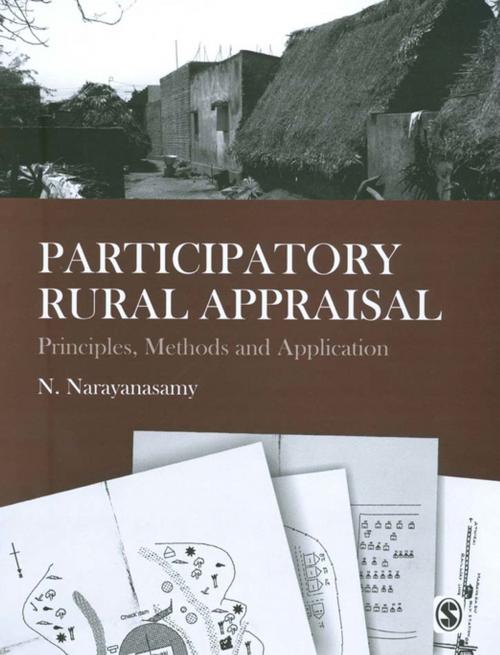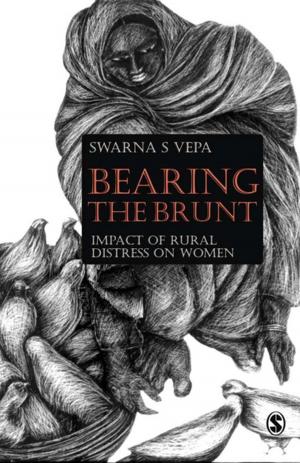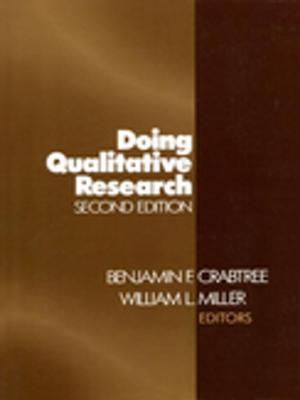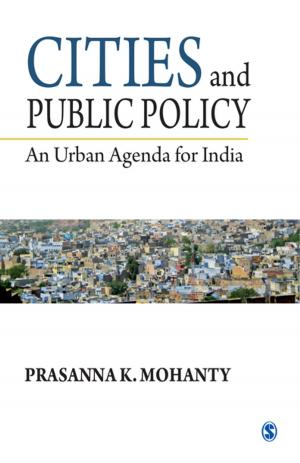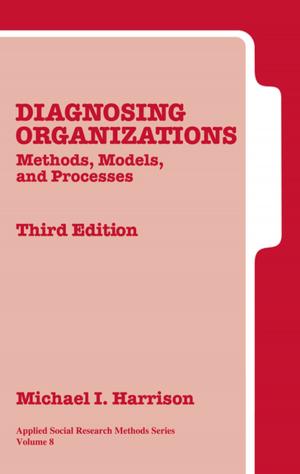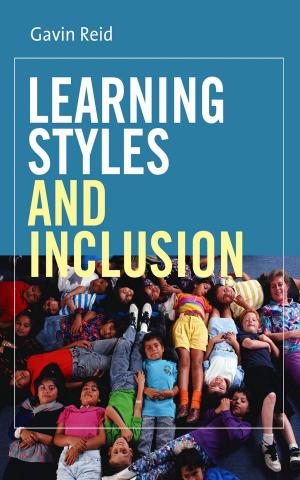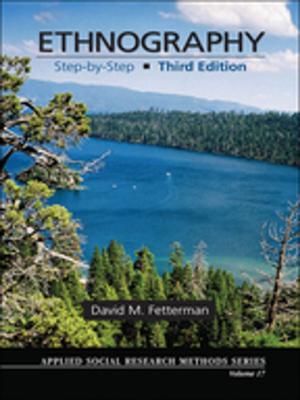Participatory Rural Appraisal
Principles, Methods and Application
Nonfiction, Reference & Language, Reference, Social & Cultural Studies, Social Science| Author: | N Narayanasamy | ISBN: | 9789352801367 |
| Publisher: | SAGE Publications | Publication: | January 14, 2009 |
| Imprint: | Sage Publications Pvt. Ltd | Language: | English |
| Author: | N Narayanasamy |
| ISBN: | 9789352801367 |
| Publisher: | SAGE Publications |
| Publication: | January 14, 2009 |
| Imprint: | Sage Publications Pvt. Ltd |
| Language: | English |
Participatory Rural Appraisal (PRA) methods, now known as Participatory Learning and Action (PLA), have been extensively used in development research, action and evaluation. This book is based on the author’s decade-long intensive field experience—each method is explained by drawing on field-based illustrations. The book vividly describes the methods of PRA, highlighting the essential features as well as the application, merits and limitations of each method.
Participatory Rural Appraisal: Principles, Methods and Application outlines the application of PRA methodology in areas like participatory poverty assessment, sustainable livelihood analysis, assessment of hunger, vulnerability analysis, organizational analysis, monitoring and evaluation. Separate sections on SWOT analysis and on the method of interview and dialogue are also included in the book. Besides, the author has provided guidelines for sector-wise application of PRA, which would serve as a ready reference for students and practitioners alike. A chapter on the roles of members of a PRA team is another key feature of this book, which would be immensely valuable for students, researchers and academicians working in the areas of social work, rural development, agriculture, and environmental science, and also for NGO workers and trainers and researchers in the development field.
Participatory Rural Appraisal (PRA) methods, now known as Participatory Learning and Action (PLA), have been extensively used in development research, action and evaluation. This book is based on the author’s decade-long intensive field experience—each method is explained by drawing on field-based illustrations. The book vividly describes the methods of PRA, highlighting the essential features as well as the application, merits and limitations of each method.
Participatory Rural Appraisal: Principles, Methods and Application outlines the application of PRA methodology in areas like participatory poverty assessment, sustainable livelihood analysis, assessment of hunger, vulnerability analysis, organizational analysis, monitoring and evaluation. Separate sections on SWOT analysis and on the method of interview and dialogue are also included in the book. Besides, the author has provided guidelines for sector-wise application of PRA, which would serve as a ready reference for students and practitioners alike. A chapter on the roles of members of a PRA team is another key feature of this book, which would be immensely valuable for students, researchers and academicians working in the areas of social work, rural development, agriculture, and environmental science, and also for NGO workers and trainers and researchers in the development field.
